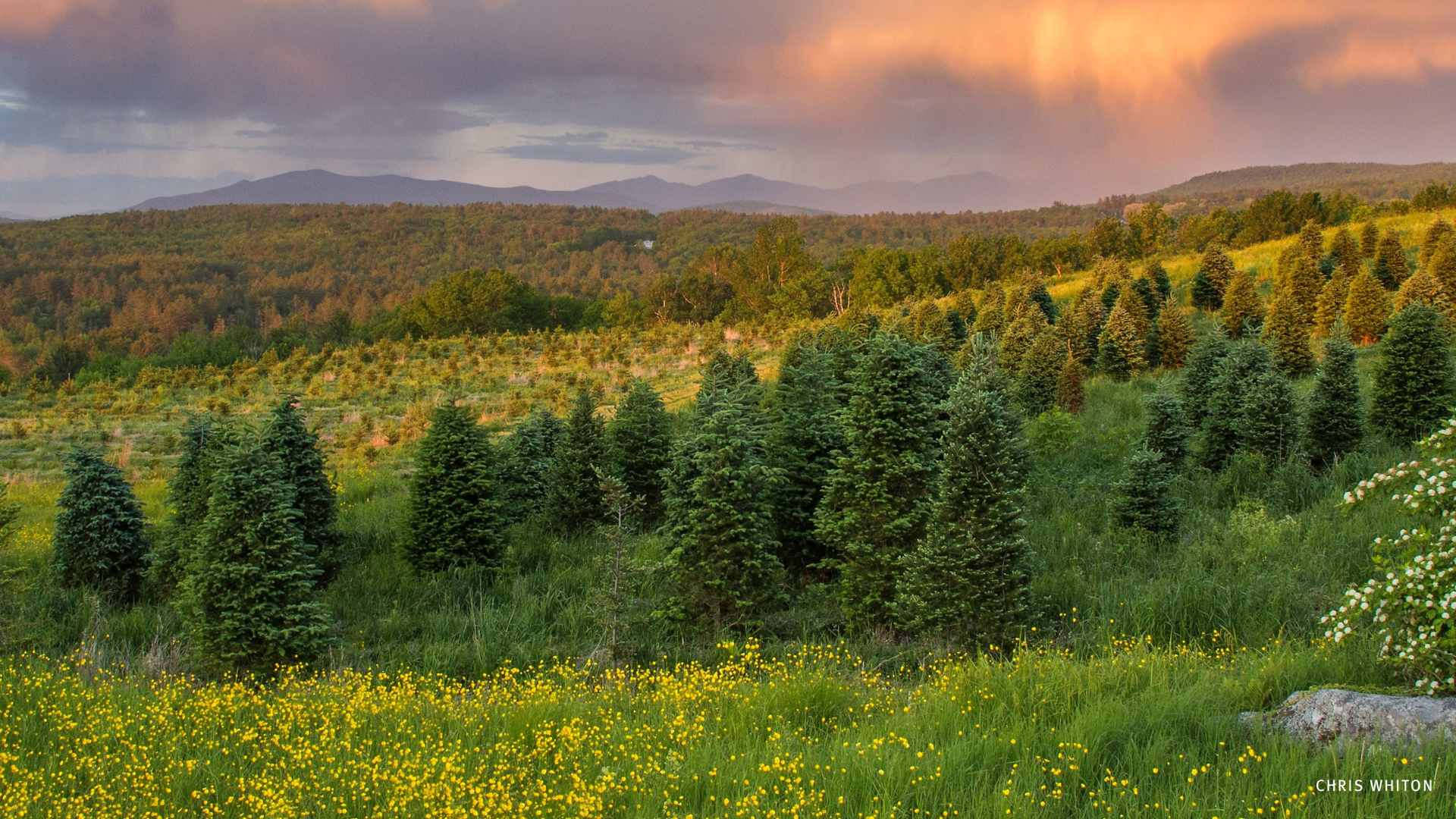Encourage N.H.'s Congressional delegation to continue to fight for federal land protection funds
- Tags:
- Advocacy
President Trump’s proposed budget for federal Fiscal Year 2018 would cut $120 million in Land and Water Conservation Fund (LWCF) funding that goes to federal land acquisition. While this proposal doesn’t zero-out the LWCF, it does eliminate funding for the “federal side” of LWCF. Federal side funding is used by the federal land management agencies, like the U.S. Forest Service, the National Park Service and U.S. Fish and Wildlife Service, to acquire lands and waters needed to achieve the natural, cultural, wildlife, and recreation management objectives of those agencies. In New Hampshire, this portion of the LWCF has been used to acquire lands most notably in the White Mountain National Forest as well as in the federal wildlife refuges.
What is equally troubling is the uncertain impact the President’s proposal may have on the LWCF’s “state side" funding, which provides grants to state and local governments for outdoor recreational-related projects and the Forest Legacy Program. Forest Legacy funding protects privately owned “working forests”- large forest blocks that protect water quality, provide habitat, forest products and opportunities for recreation. Forest Legacy funding has been especially critical for New Hampshire, which has received more than $50 million from it since the program was first authorized in 1990.
Without Forest Legacy funds, such places as the Connecticut Lakes Headwaters Forest (146,000 acres in northern New Hampshire), the Cardigan Highlands (5,100 acres in Hebron, Groton, Plymouth, Rumney and Dorchester), the Pillsbury-Sunapee State Parks region (over 7,000 acres in Bradford, Newbury, Goshen and Washington) and the Moose Mountains (2,000 acres in Middleton and Brookfield) may not have been protected. Supporters of the Beebe River Uplands Project in Campton and Sandwich, which comprises 6,372 acres adjacent to the White Mountain National Forest, are waiting to find out if the project will receive Forest Legacy funds this year.
Fortunately, New Hampshire’s Congressional delegation is pushing colleagues to take action now to hold off any arbitrary cuts. Congresswomen Annie Kuster and Carol Shea-Porter recently signed on to a letter to the chairman and ranking member of the House Appropriations Sub-Committee on the Interior urging robust funding for the LWCF in Fiscal Year 2018. In addition, both members are co-sponsors of H.R.502 which if passed will permanently reauthorize the program. Sen. Jeanne Shaheen, throughout her time in the U.S. Senate, has consistently advocated increased funding for the program as well as its permanent reauthorization. She is co-sponsoring a bill in the U.S. Senate (S. 569) that would accomplish both those goals. Sen. Maggie Hassan, although only recently elected to the U.S. Senate, is already making the program a priority in her legislative agenda by co-sponsoring this bill.
The N.H. Congressional delegation needs to hear from constituents to encourage their continued support of the LWCF. We would urge Forest Society members to thank them for their support and encourage their continued leadership role on the program. Please take a moment now to contact them by following the links below.
Rep. Carol Shea-Porter (District 1)
Rep. Annie Kuster (District 2)
Sen. Jeanne Shaheen
Sen. Maggie Hassan
